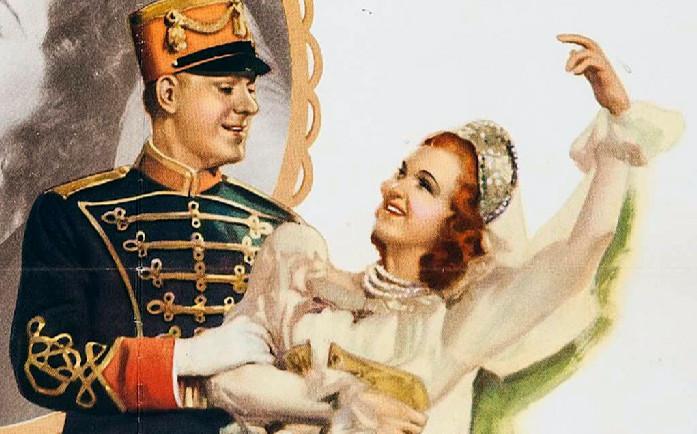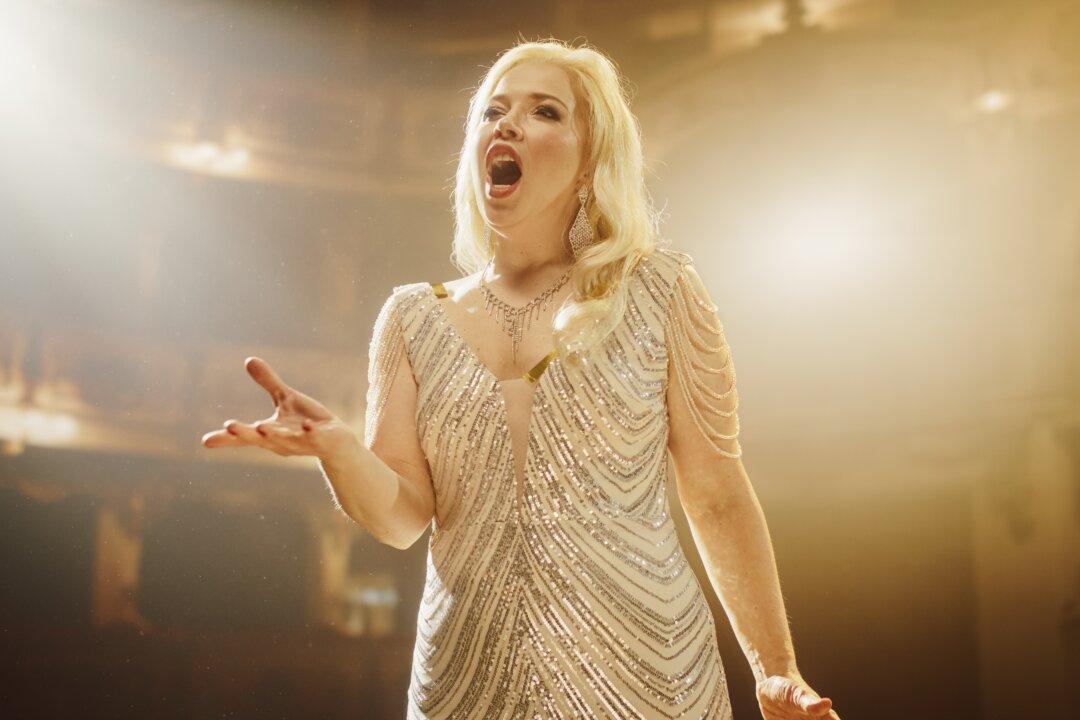Commentary
Since 2006, the Metropolitan Opera has recorded its operas during live performances in HD and then played them in movie theaters around the country. They also are available to stream online. Although this feature makes the live performances at the Met less special, it’s a very useful feature for singers to supplement their training by studying opera’s leading performers.





